Revoking citizenship: Cambodia’s new weapon against dissent
The new power passed amid border tensions with Thailand is really about consolidating control, critics say. But some in Cambodia defend it
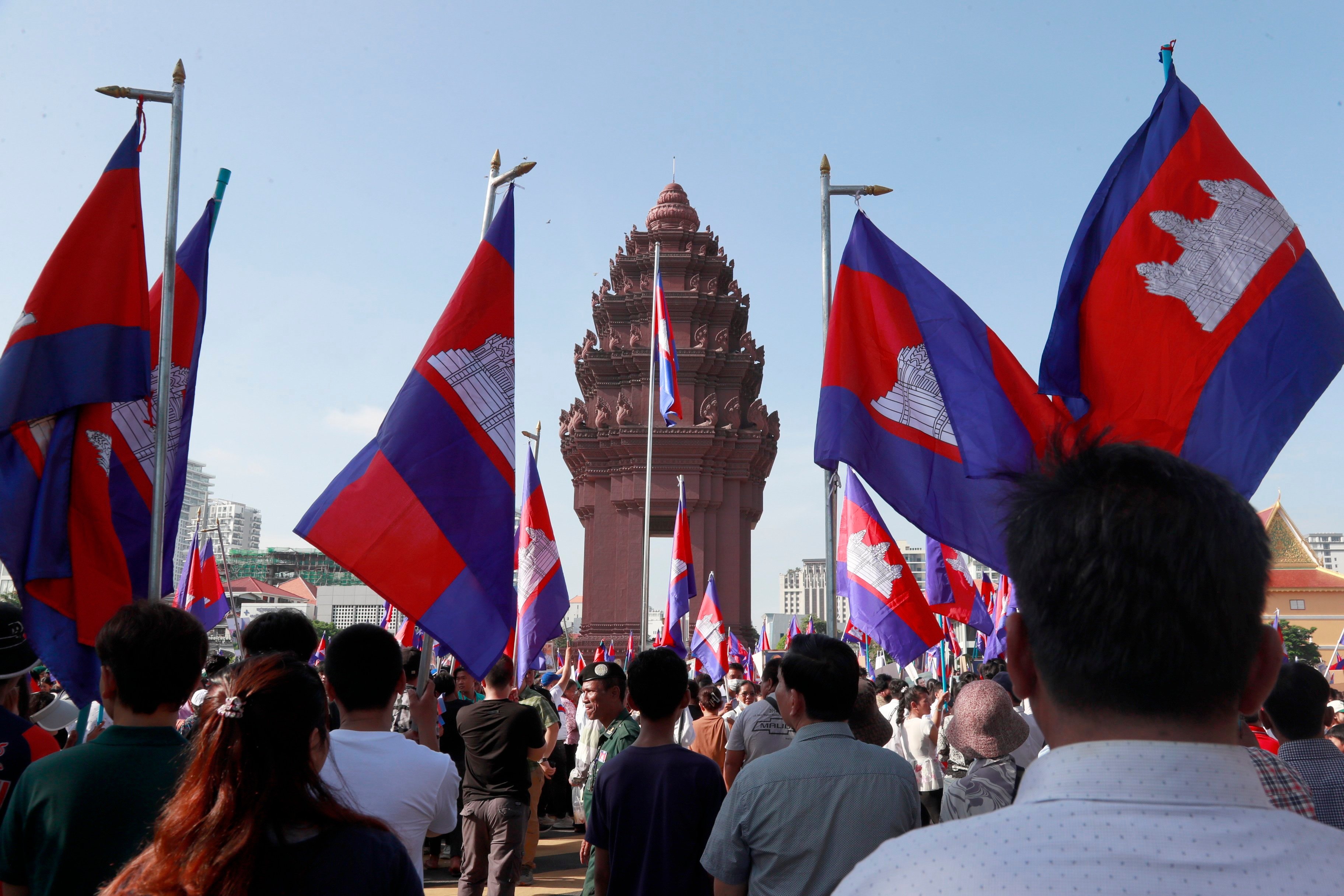
Cambodia’s government has given itself the legal means to strip dissidents and dual nationals of citizenship, a step denounced as “draconian” by critics who say the government is exploiting border tensions with Thailand to silence opposition and cement its grip on power.
The National Assembly unanimously passed a constitutional amendment last Friday enabling Phnom Penh to strip citizenship from lifelong Cambodians, dual nationals and naturalised citizens found guilty of conspiring with foreign nations or otherwise endangering the country’s national interest.
Justice Minister Koeut Rith announced that the government would “urgently” draft the requisite legislation to enforce the measure against those convicted of treason or collaborating with foreign entities to the detriment of Cambodia and its people.
Critics have denounced the measure, describing it as a “pre-emptive” strike against internal dissent and a calculated effort to eliminate opposition to the government and Hun Sen’s long-ruling Cambodian People’s Party.
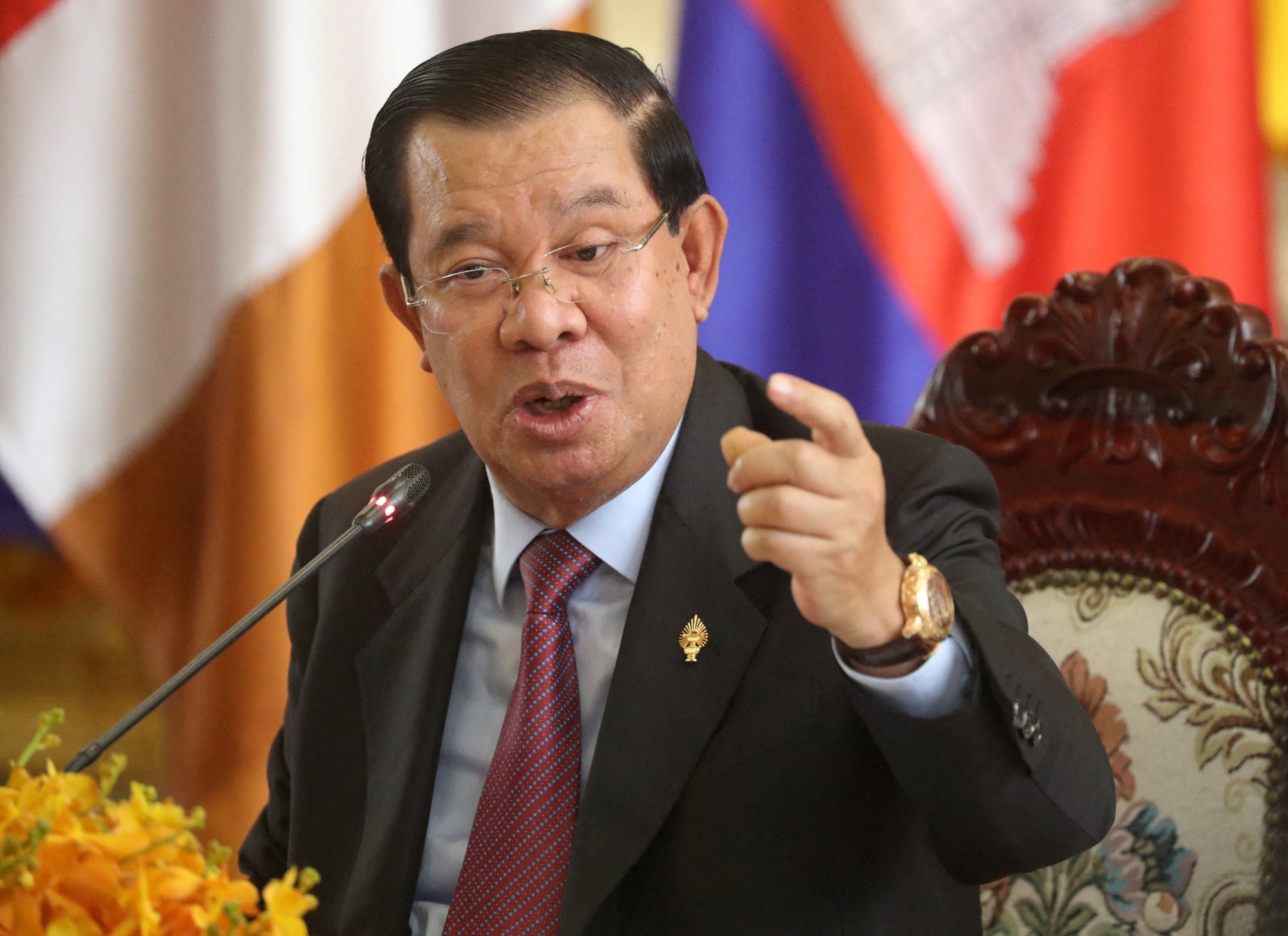
The legislative shift is being driven by both the ongoing border dispute with Thailand and a desire to fortify political control as regional geopolitics grow increasingly uncertain, according to analysts.
Border tensions had provided a “convenient context” for revisiting citizenship laws, Astrid Norén-Nilsson, a senior lecturer at Lund University’s Centre for East and Southeast Asian Studies, told This Week in Asia.
The amendment “legalises the idea that political dissidents at their core are not Khmer”, she said, further noting that there are no credible threats to the government’s hold on power.
“The government since the generational transition remains on its guard and acts pre-emptively,” Norén-Nilsson said, referring to Hun Sen’s handover of the premiership to his son, Hun Manet, in 2023 after 38 years in charge.
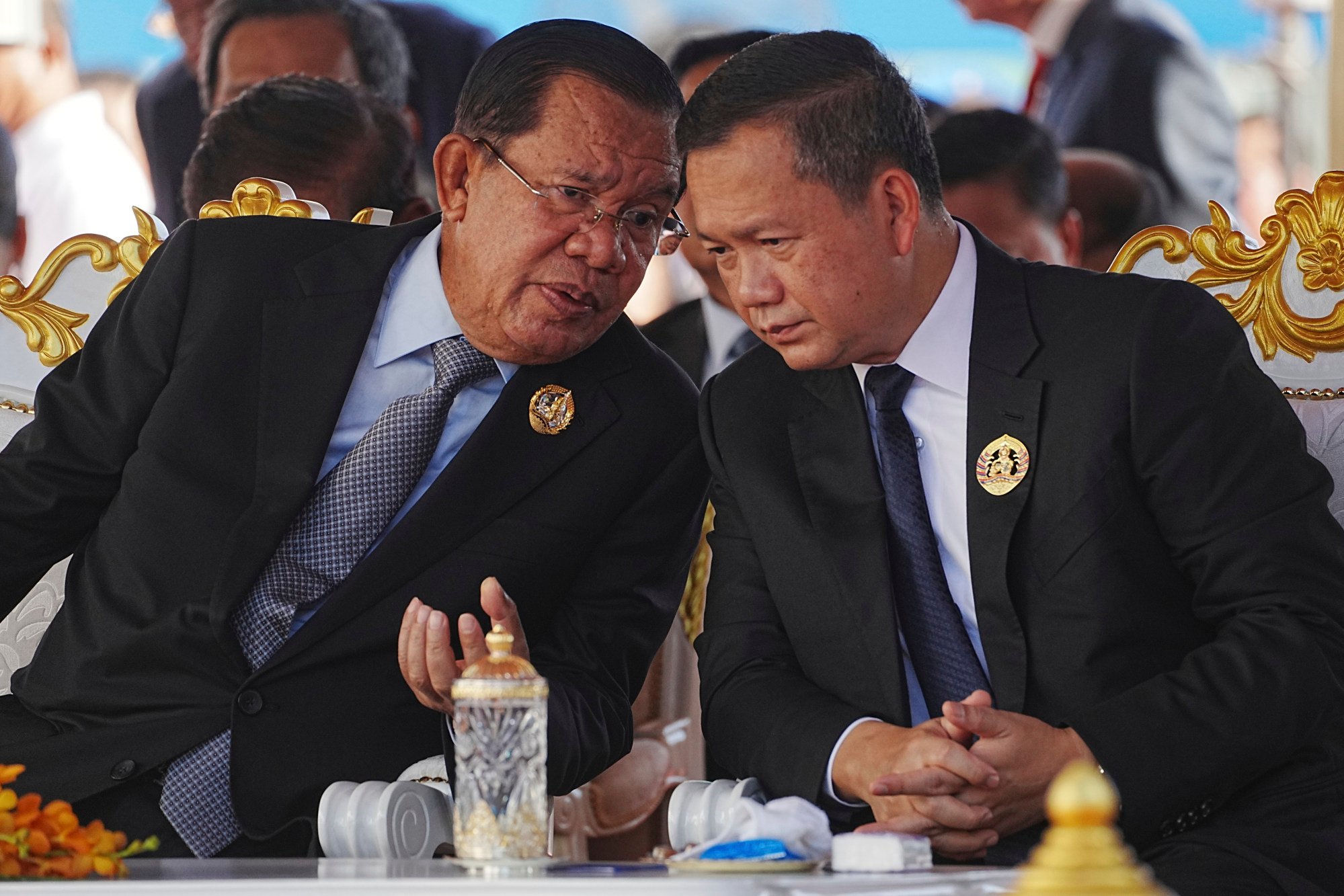
Hun Sen remains president of both the Cambodian People’s Party and the Senate, maintaining a tight grip on the levers of power.
“The amendment adds one more resource to the legal arsenal that could be used against government critics, and can be used to efficiently seal off Cambodia from opposition voices abroad,” Norén-Nilsson added.
Cambodia–Thai relations have sharply deteriorated in recent months, particularly after a deadly border clash in May that left one Cambodian soldier dead. Although both governments have pledged de-escalation, tensions persist, with each side threatening further measures.
On Monday, Prime Minister Hun Manet announced the reintroduction of military conscription from next year, citing the need to address personnel shortages and upgrade military capabilities.
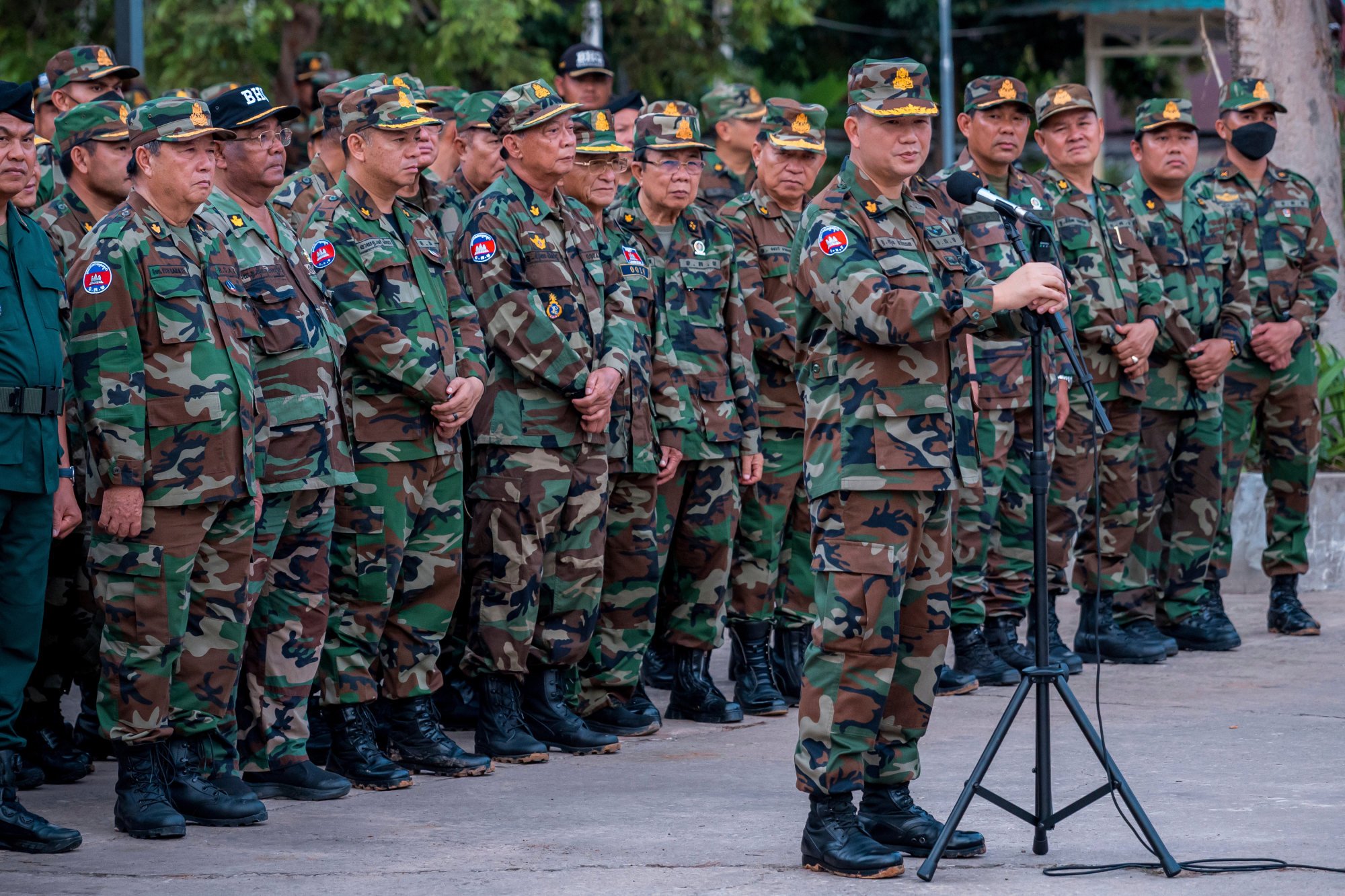
Phnom Penh’s intolerance of criticism is well documented. The government has routinely imprisoned opposition politicians and activists on politically motivated charges and enacted laws to prevent rivals from contesting elections.
Cambodian-American political scientist Sophal Ear called the amendment “draconian”, arguing it was intended to consolidate political control, deter dissent and “escalate deterrence”.
Unhandled type: inline-plus-widget {“type”:”inline-plus-widget”}
“The timing might reflect the government’s attempt to reinforce its authority domestically and internationally amid regional geopolitical uncertainties,” said Ear, who is an associate professor at Arizona State University’s Thunderbird School of Global Management.
He predicted the amendment would most likely be used first against dual nationals and members of the diaspora, such as Sam Rainsy, the exiled opposition leader and dual French-Cambodian citizen.
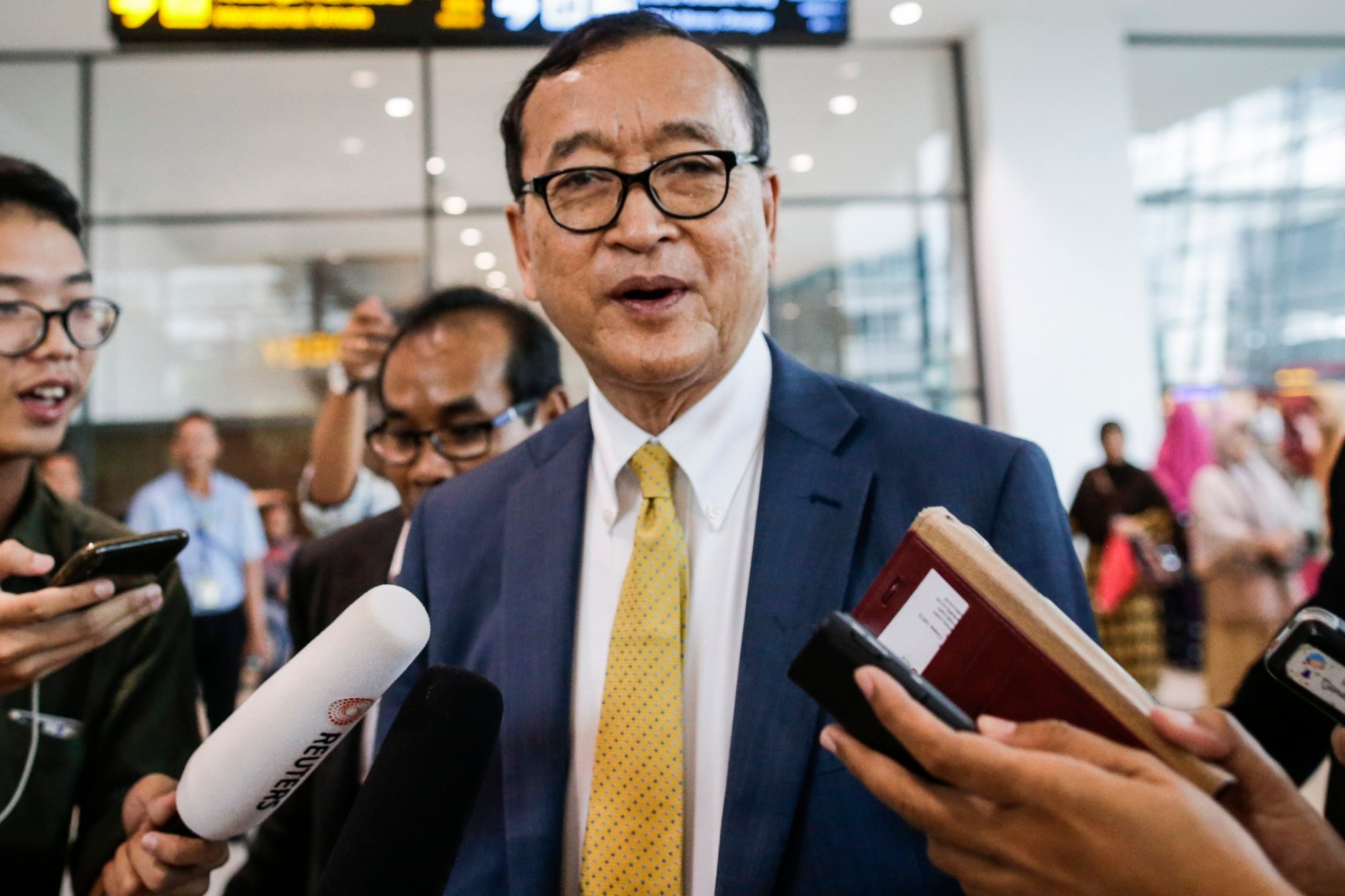
Sam Rainsy, a prominent pro-democracy activist and long-time critic of Hun Sen, has lived in exile since 2016 to avoid lengthy prison sentences on a range of charges. He recently claimed that Hun Sen’s rhetoric about the border dispute with Thailand was fuelled by anger at Bangkok’s efforts to dismantle cyber-scam operations in border areas – activities Sam Rainsy described last month as “a vital source of illicit funding for the current Phnom Penh regime”.
Cambodians who hold no other nationality now risk becoming stateless if targeted under the new amendment.
Cambodia’s constitution once enshrined citizenship as inalienable, Ear said. “It could not be stripped from an individual. I guess now it can be,” he said, adding that the threat of statelessness represents “a powerful psychological deterrent”.
For those stripped of their citizenship, options for recourse are few and far between. They could seek asylum abroad, Ear said, but minimal options exist to contest the move domestically given Cambodia’s “constrained political and judicial environment”.
He added that the move risked further undermining Cambodia’s international standing, diplomatic relationships and attractiveness to foreign investors. “It may also exacerbate existing human rights concerns, drawing additional scrutiny from international human rights organisations.”
Amnesty International has condemned the amendment, describing it as “repressive” and warning that it could render critics stateless. “Anyone who speaks out against or opposes the ruling party will be at risk of having their citizenship revoked,” said Montse Ferrer, Amnesty’s regional research director, in a statement. “Revoking a person’s citizenship must not become a political tool to silence and intimidate critical voices.”
Anyone who speaks out against or opposes the ruling party will be at risk of having their citizenship revokedMontse Ferrer, Amnesty International
Some in the Southeast Asian nation have defended the change, however. Sam Seun, a policy analyst at the Royal Academy of Cambodia in Phnom Penh, argued it was necessary to protect peace and stability.
Cambodians should understand that attempting to “destroy their own country … is not a good strategy”, he said.
“There are many countries in the world that implement this law, such as Thailand and the United States,” Sam Seun added, claiming that Cambodia was not alone in passing such a measure.
The US government does not currently have the power to strip US-born citizens of their citizenship unless they voluntarily renounce it, though naturalised citizens can have their citizenship revoked in limited cases such as fraud.
Thailand’s constitution similarly prohibits the revocation of citizenship for those born with Thai nationality, but does allow for naturalised citizens – those who acquired citizenship after being born elsewhere – to be stripped of their citizenship under certain circumstances.
Additional reporting by Associated Press